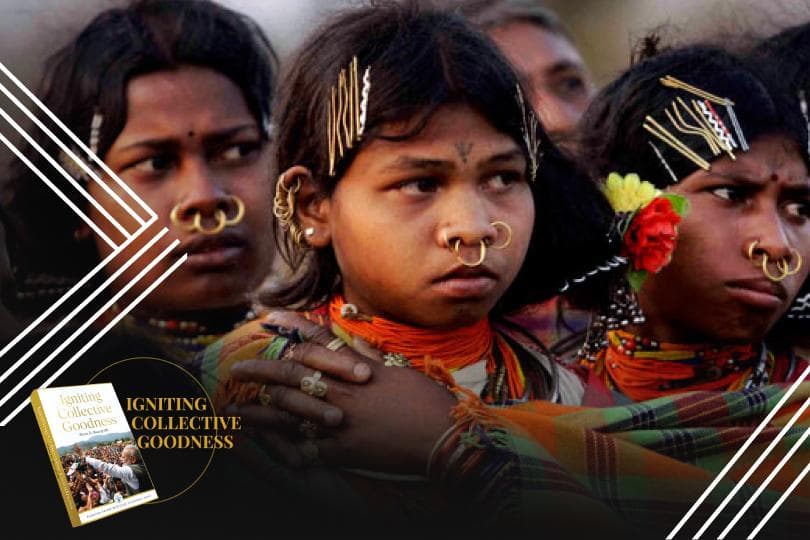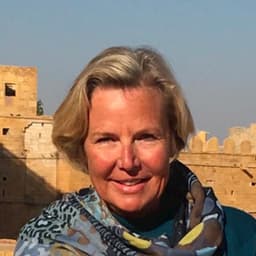Culture of Inclusion Pivoting a Nation's Rise
A look at PM Modi's vision of inclusion & empowerment of the marginalised

The concept of inclusion has significantly impacted societies worldwide, stirring conversations and actions toward more integrated and equitable communities. In India, the roots of inclusion stretch back to the ancient traditions of the Hindu religion, which embraces a myriad of deities, practices, and ideologies across a vast and diverse continent. This foundational belief in inclusivity positions India as a potential global leader in teaching the values of embracing diversity. The persistent efforts of the Indian populace to overcome exclusion by the British in areas of self-governance, social status, and commerce exemplify the depth of India's commitment to inclusion, proving that their dedication extends beyond mere rhetoric. At the forefront of this movement is Prime Minister Narendra Modi, whose leadership and actions vividly demonstrate India's principle of "walking the talk."
Prime Minister Modi's approach to governance, particularly evident through his engaging radio broadcasts, showcases his commitment to widespread interaction, education, and guidance among his citizens. In his addresses, such as the notable discussion on Social Change in "Mann Ki Baat," Modi articulates his dedication to reaching the furthest corners of India—from the ocean depths to the Himalayan peaks—to fulfil Mahatma Gandhi's vision of inclusion. He emphasises his personal commitment to empowering and uplifting even the most remote individuals, ensuring no one is left behind.
The challenge of overcoming the injustices of British rule, especially in the geographically and culturally distinct North-eastern region and the islands, highlights the complexities of fostering unity and inclusion. The historical isolation and marginalisation of these areas have led to sentiments of resentment and anti-India attitudes, necessitating a thoughtful and persistent effort to integrate these communities into the broader national narrative.
Prime Minister Modi's early days as a grassroots worker in the 1970s and 1980s laid the foundation for his vision of a united India. He envisaged a country devoid of biases, where people of all backgrounds could interact freely and contribute to its growth. However, as noted in "Igniting Collective Goodness," achieving the ideal of coexisting diverse cultures within such a vast geographic area remains an ongoing challenge, not just for India but for democracies worldwide. The struggle to balance acceptance with cultural norms and the safety of marginalised populations underscores the complexity of true inclusion.
Through initiatives like "Mann Ki Baat," Modi has made significant strides in addressing the needs and concerns of marginalised communities. His efforts to improve communication and understanding among diverse groups are evident in his interactions with village leaders in the Kashmir valley, where he addresses pressing issues like the destruction of schools and the importance of education for the region's youth.
The Prime Minister's commitment to inclusion is further exemplified by his attention to tribal communities and the resolution of longstanding ethnic tensions, as seen in the resettlement and rehabilitation of the Bru-Reang Tribe. This action not only alleviates decades of suffering but also opens a new chapter of dignity and opportunity for thousands, embodying the spirit of cooperative federalism.
"Mann Ki Baat" has emerged as a powerful tool for fostering unity and peace, echoing the sentiments of American Civil Rights leader Dr. Martin Luther King, Jr., that justice and peace are inseparable. Through this platform, Modi has managed to convey a message of national unity and social empowerment, reaching hearts and minds across India and beyond.



































